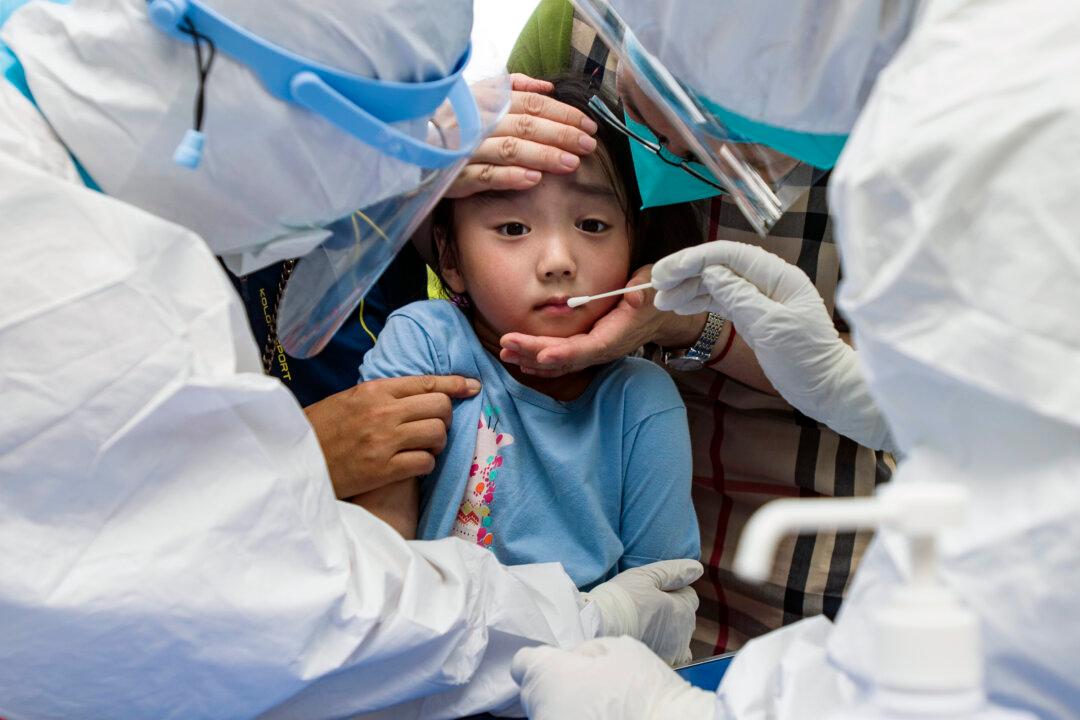BEIJING—The Delta variant is challenging China’s costly strategy of isolating cities.
The Chinese regime is struggling with the most serious outbreak since last year’s peak in Wuhan. The Chinese Communist Party (CCP) is reviving tactics that shut down China: access to a city of 1.5 million people cut off, flights canceled, and mass testing ordered in some areas.





